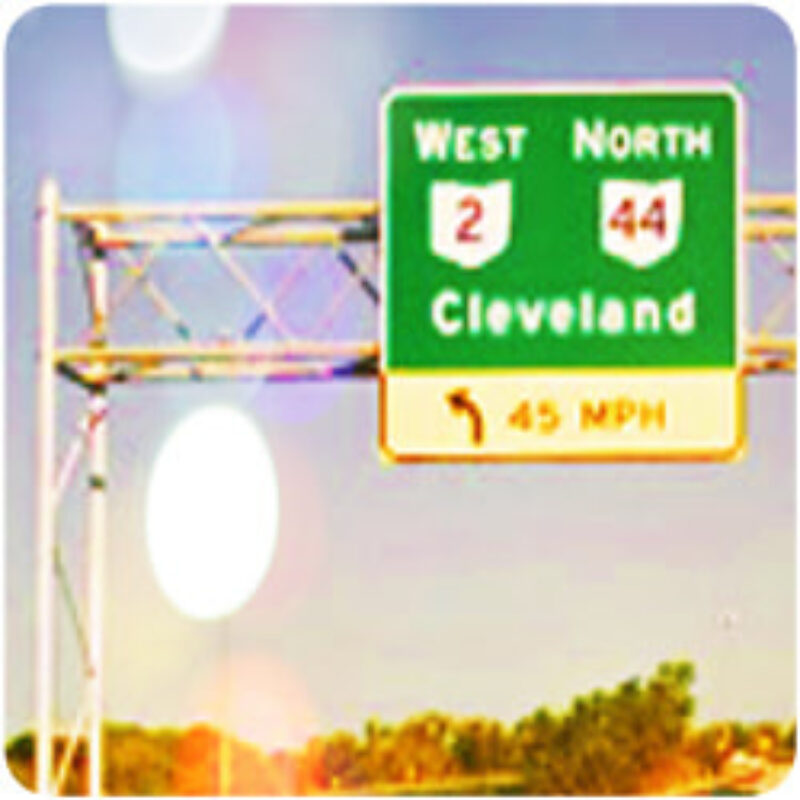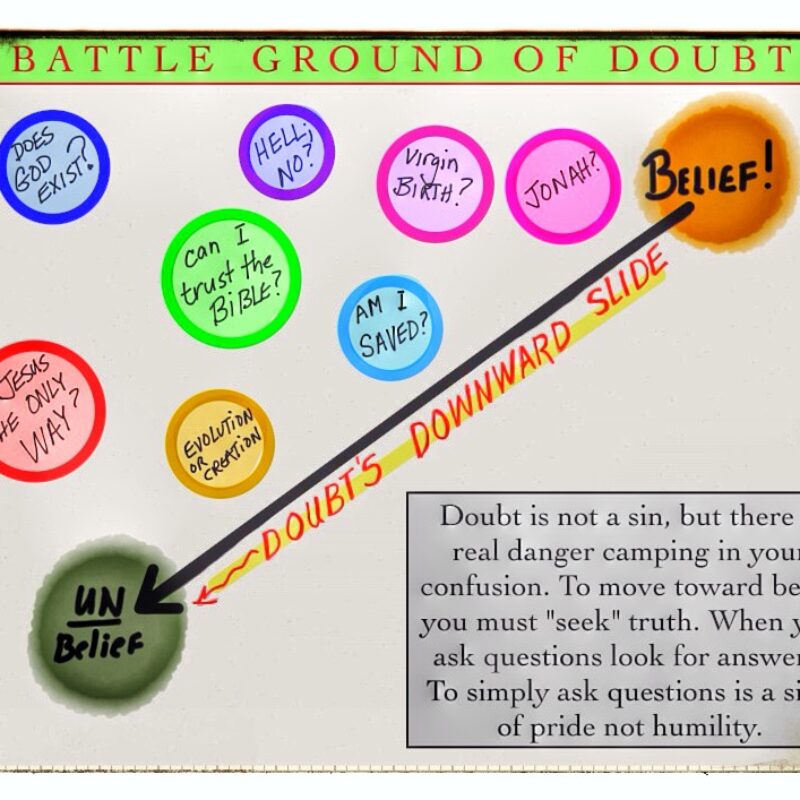There have been many famous deaths in world history: we might think of John F. Kennedy, or Marie Antoinette, or Cleopatra, but we do not refer to the ‘the assasination,’ ‘the guillotining,’ or ‘the poisoning.’ Such references would be incomprehensible . The use of the term ‘the crucifixion’ for the execution of Jesus shows that it still retains privileged status. When we speak of ‘the crucifixion,’ even in this secular age, many people will know what it meant.
Fleming Rutledge

Jesus was crucified.
That statement flows off of our tongue far too easily. We are too comfortable with it. People snuggle up to it with silver and gold enhancements so we can place it around our neck as adornment. Or we casually yawn when we sing about it or while we recite it in a liturgical chant. Rarely are we awakened by it. We should be horrified and shocked by it, actually enraged that this man Jesus was handed over by a group of arrogant religious hypocrites to be brutalized by Roman thugs.
The writer J. Christiaan Baker says, “The cross is by a very long way the most irreligious object ever to find its way into the heart of faith, and it is the most non religious and horrendous feature of the gospel.” How could the central piece of our faith be a blood, sweat, and tear soaked piece of rough-hewn timber with a matching crossbeam? Why do we focus on an event so cruel and shocking and then place it up high as a symbol on our religious building and even print it on our church letterhead?
And why do we spend one whole week – year after year – still talking about it? Wouldn’t you want to forget the horror, or ignore the pain? I don’t ever want to talk about my dad’s death. Rehearse it in depth, get all the gory details from my mom who was there to witness it. I only want to remember his smiles and laughter, the conversations we had, his singing like Dean Martin. Not his massive heart-attack where he collapsed on the living room floor unable to breathe.
But when it comes to the crucifixion we focus on it. We even tell others about it – – people we don’t know. And it was bad, extremely bad. Listen to how Fleming Rutledge describes it, “Crucifixion was cleverly designed – we might say diabolically designed – to be an almost theatrical enactment of the sadistic and inhuman impulses that lies within human beings.”
So what is it about this death that has us fascinated? What is it about this death that the world can’t stop talking about it? What is it about this death that we write songs and sing? Songs as creepy as “There is a Fountain Filled with Blood” or “The Old Rugged Cross.” I have never sang a song entitled, “The Hard Living Room Floor.”
I offer four reasons that make “the crucifixion” unique as compared to all other deaths that occur. And these reasons are rather shocking:
- It was Voluntary: Jesus came to the earth to die, he actually wanted to die, and he didn’t try to defend himself. In Matthew 20:18 he laid out the plans for his death perfectly, “Listen,” he said, “we’re going up to Jerusalem, where the Son of Man will be betrayed to the leading priests and the teachers of religious law. They will sentence him to die.” If he knew this, why didn’t he run away? Get on a boat in Joppa and like Jonah head to Tarshish? Instead he walked right into the jaws of the raging Jewish and Roman lions who wanted him dead. In John 10:18 he says, “No one can take my life from me. I sacrifice it voluntarily. For I have the authority to lay it down when I want to and also to take it up again. For this is what my Father has commanded.” Even when he was on trial, “He did not open his mouth.” Why would any man willingly die?
- He was Completely Innocent: There was no evidence to find him guilty. Even when he was in court the witnesses that testified against him were clearly lying. The judges and jury even knew it. Why would they kill an innocent man? Peter who was there to witness the whole thing said in his letter, “He committed no sin, and no deceit was found in his mouth. When they hurled their insults at him, he did not retaliate; when he suffered, he made no threats. Instead, he entrusted himself to him who judges justly.” If God sees all, why would he let his innocent Son die?
- He died for You and Me: Here it is, the reason we cannot stop looking at the cross. It was meant for us. The cruelty and pain Jesus endured was ours to bear. And yet he came to earth to take it. From the very first moment he stepped on terra-firma, his goal was to stand in for you and me. Listen to Matthew 1:21, “Mary will give birth to a son, and you are to give him the name Jesus, because he will save his people from their sins.” This is the cause of our fixation. Because of Jesus you escaped death. Real death. Eternal death. That is the point, that is why the cross is so fascinating. I deserved the nails, the wood, the red blood dripping from my veins. I read yesterday about the story of a man who lived up in the great white north, and he decided to travel to his friends house late one night. It was a five mile journey on foot. After arriving and waking up the next morning he looked out the window to see the road he took and he realized he walked the whole way over a frozen lake. The whole time he traveled he thought he was on a firm road. He stood transfixed when he realized he escaped near death. The thick ice saved his life. The thick rough-hewn beams of wood saved ours.
- God Himself was Murdered: The one who created the world died on the wooden beams he himself made. The very people he allowed to breathe – (live, move and have their being) – were the ones who sent him out to be stripped naked, tortured and humiliated in broad daylight. God the Son, offered up by God the Father, was killed by small, simple people of flesh and blood. Flesh and blood is a weak and beggarly thing compared to the immortal God, he easily could have overpowered his executioners, but instead, he bowed his head, spread out his arms. He gave in.
These are the reasons we are so fascinated. These are the reasons people recognize that “the crucifixion” is the only death that both captivates the imagination and transforms the heart. Think on these things.
Here are two questions to ponder:
- Does the cross fascinate you? Why or why not?
- Which of the four aspects of the cross is still hard for you to believe and make sense of in your own mind?



